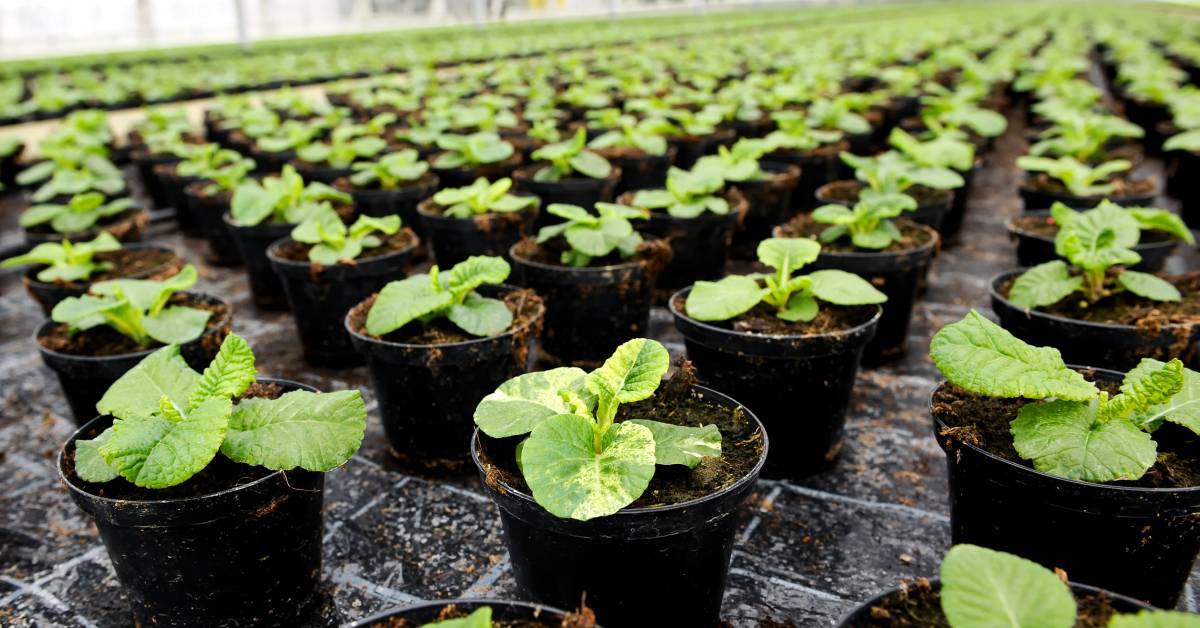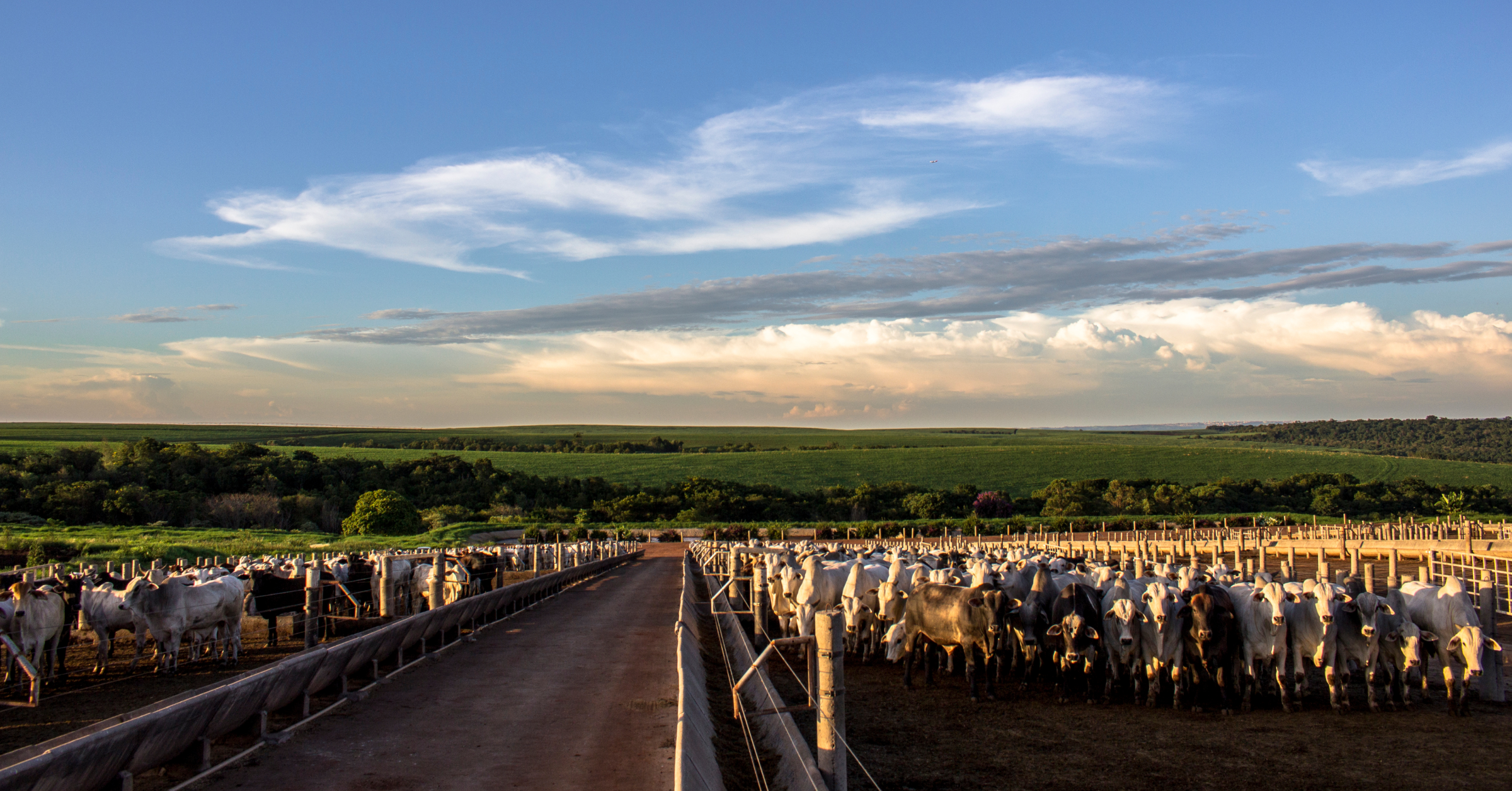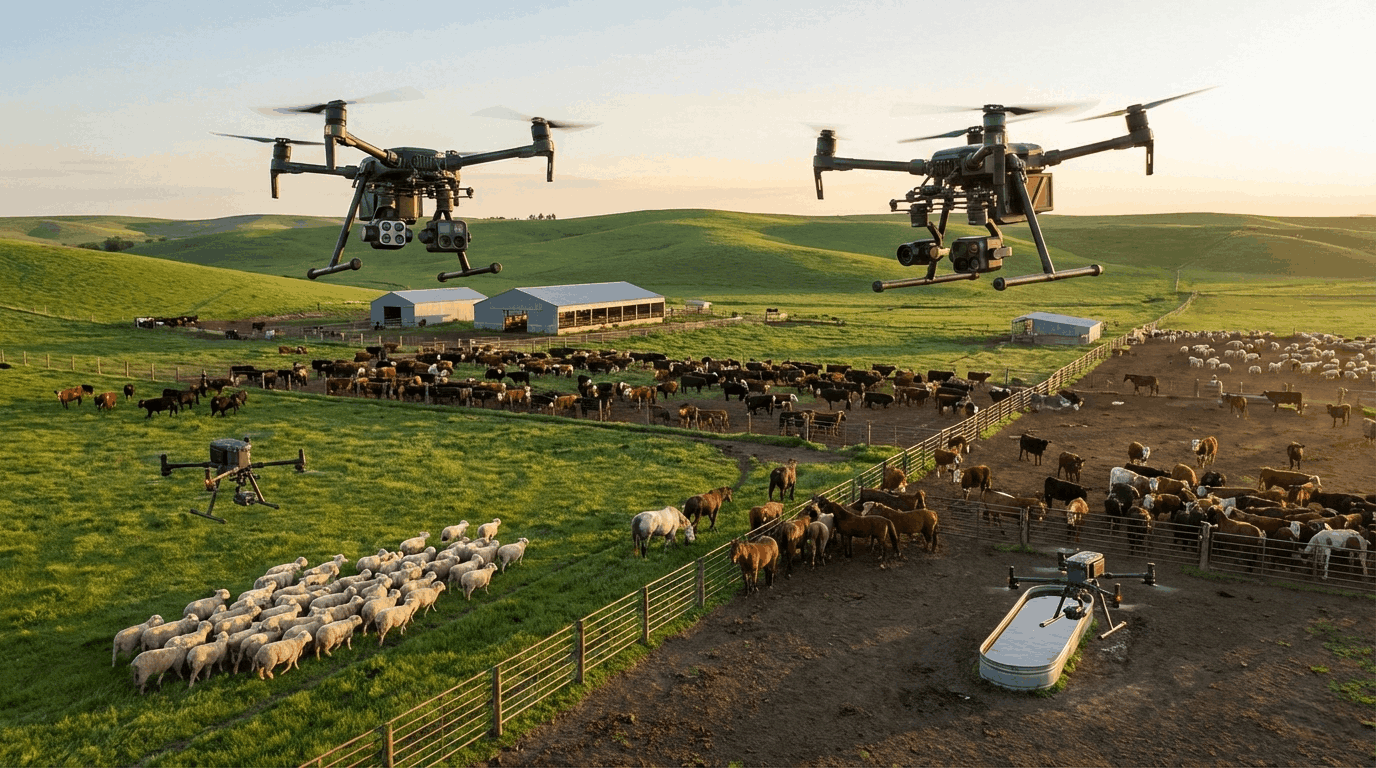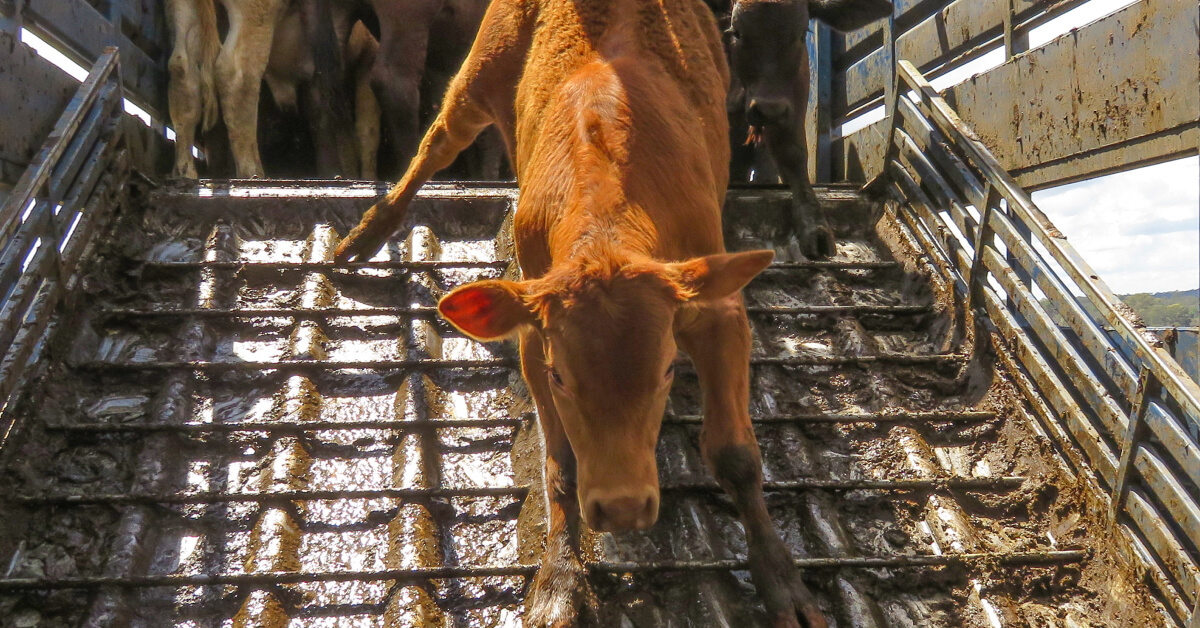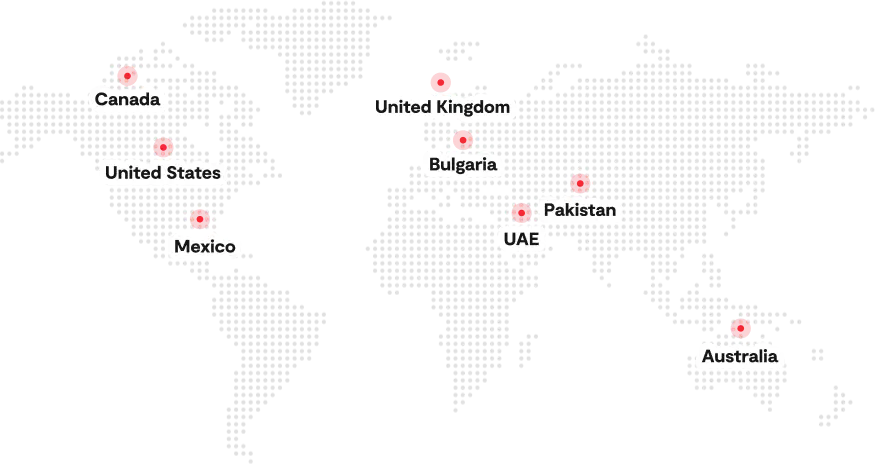Commercial horticulture is facing serious pressure. With rising labor costs, climate unpredictability, and growing demand for traceable, high-quality produce, traditional practices no longer deliver the efficiency or scale of today’s market demands. Manual tracking, guesswork, and inconsistent data leave too much room for error in an industry where margins are already thin.
Growers need systems that deliver precision, speed, and insight. That’s where technology steps in. From automated irrigation to climate-controlled greenhouses farming and digital crop records, smart farming tools are giving growers the ability to control more variables and make faster, data-backed decisions. These tools reduce waste, optimize inputs, and improve yield consistency which is all critical in meeting buyer expectations and food safety regulations.
The shift is already well underway. The global greenhouse horticulture market was valued at USD 33.4 billion in 2024 and is projected to hit USD 69.7 billion by 2033, growing at 7.63% annually. The message is clear: growers who adopt digital tools now are building resilience and gaining a competitive edge.
In this blog, we’ll explore the technologies transforming horticulture farming and how Folio3 AgTech helps commercial growers implement these tools without disrupting operations.
Why Traditional Horticulture Farming Is Struggling
Horticulture farming has long been rooted in local wisdom, passed down from one generation to the next. It relies heavily on observation, hands-on effort, and consistent labor. But the landscape has shifted. Growers today are up against a set of challenges that older systems were never designed to handle.
Unpredictable Weather Patterns
The weather has become harder to predict. Rainfall doesn’t follow the usual patterns. Temperature swings come with little warning. These changes disrupt sowing, irrigation schedules, and harvest timing. Horticulture farming depends on precision, and when the climate throws off that rhythm, the entire cycle suffers.
According to a study on Wikipedia, during the 2021 heat wave that impacted Oregon and Washington, cherry yields dropped dramatically. Up to 70% of cherry crops were lost, and raspberry and blackberry farms reported damage rates as high as 90% due to extreme heat stress.
Labor Shortages on the Ground
There are fewer skilled hands available for fieldwork. Tasks like pruning, planting, and harvesting get delayed or missed entirely. With fewer workers on-site, more responsibility falls on the grower. This creates a gap between what needs to be done and what actually gets completed, directly impacting crop performance.
Growers in the US like Andrew & Williamson Fresh Produce have faced severe labor shortages in recent years. Without enough workers, strawberries went unharvested and eventually over-ripe. The company attempted to make up for the shortfall with mechanized harvesting and guest worker programs, which helped but did not fully solve the issue.
Rising Threats from Pests and Diseases
Pest populations are shifting. New diseases are appearing in regions where they were once rare. These changes are often linked to climate instability, which alters growing conditions in ways that pests can exploit. Horticulture farming must now account for risks that weren’t part of the equation even a decade ago.
Growing Market Pressure
Buyers are asking for more. They want proof of origin, cleaner produce, and tighter control across the supply chain. Certifications, recordkeeping, and traceability are no longer optional. Traditional horticulture farming often lacks the systems needed to meet these demands at scale.
Rising Input and Operational Costs
Everything from diesel to fertilizer is more expensive. Water is harder to manage, and transport costs have climbed steadily. These price hikes reduce already narrow profit margins. For many growers, these added costs make long-standing practices harder to justify, even if they’ve worked well in the past.
Even experienced farmers are finding it harder to maintain consistency. A one-degree temperature shift or late pest detection can reduce crop value significantly.
Traditional methods often lack the data to explain what went wrong, let alone prevent it from happening again. And as margins tighten, relying on instinct alone is becoming too risky.
Technology offers a way to offset these risks, reduce waste, and protect profits. But it must be practical, accessible, and designed with the realities of the farm in mind.
Key Areas Where Technology Is Enhancing Horticulture Farming
Modern horticulture farming isn’t just about planting and harvesting. It’s about using every tool available to grow better crops, make faster decisions, and reduce risk. Below are five areas where technology is making the biggest difference.
Precision Agriculture in Horticulture Farming
Farmers now use GPS and GIS tools to understand their land better. They can apply fertilizers or water only where needed, saving costs and avoiding waste. Soil sensors help monitor moisture levels and nutrient status. Combined with lab-based soil tests, this makes plant-specific feeding more accurate. The result is healthier crops and more predictable yields.
Automation and Robotics
Labor-intensive tasks like transplanting, pruning, and harvesting are being automated. Machines now handle these with speed and precision. Smart irrigation systems deliver water based on weather data and soil moisture readings. Autonomous sprayers reduce chemical use by targeting only the affected areas. These tools cut labor costs and improve efficiency.
Remote Sensing and Drones
Drones in agriculture and satellite imaging offer a bird’s-eye view of every field. Farmers can spot early signs of stress, pests, or disease by looking at plant color, density, or canopy gaps. These insights help catch problems before they spread. Thermal cameras also detect irrigation issues, making water use more efficient across large plots.
Controlled Environment Agriculture (CEA)
Greenhouses and vertical farms give growers better control over temperature, humidity, light, and nutrients. With IoT-based systems, farmers can fine-tune growing conditions in real time. Automated fans, LED lighting, and nutrient delivery help grow crops year-round, even in extreme climates. Controlled environment agriculture also improves food safety and consistency in quality.
ERP Software Powering Modern Horticulture Farming
Software is the nerve center of today’s farm operations. Farm management systems collect data from soil sensors, drones, weather feeds, and more. These tools help with scheduling, crop rotation, and tracking treatment history. Agricultural ERP integrations bring everything under one roof: inventory, compliance, financials, and audits. Mobile apps let teams log photos, tasks, and field updates on the go. Role-based dashboards help owners, managers, and workers access the insights they need. Folio3 AgTech offers smart tools that support disease alerts, inventory control, yield forecasting, and traceability. These systems give growers clarity and control.
Trends in Horticulture Farming to Watch
The future of horticulture farming is being shaped by tools that are smarter and easier to adopt. As growers face tighter margins and rising pressure to produce more with fewer resources, new technologies and methods are stepping in to fill the gap. These trends are already reshaping how horticulture works, from planning and production to packaging and delivery.
AI and Predictive Analytics
Artificial intelligence is turning guesswork into strategy. With access to weather data, satellite imagery, and soil health records, AI systems can help growers forecast crop performance, detect diseases early, and adjust planting decisions before problems arise. For horticulture operations, this means fewer surprises and more control over how each season unfolds. Planning becomes more reliable, and resources are used more efficiently.
Blockchain for Supply Chain Transparency
Growers and distributors are adopting blockchain to build clear, secure records of how crops move through the supply chain. Every step, from seeding and harvesting to storage and shipping, is documented in a tamper-proof system. Buyers can verify origin and handling conditions with ease. This improves trust, simplifies audits, and speeds up the process when issues like contamination or recalls occur. For horticulture businesses, this brings accountability without adding complexity.
Mobile and IoT for Mid-Size Farms
New devices are making advanced tools accessible to more growers. Soil sensors, mobile apps, and weather monitoring systems are now affordable and easy to use. Mid-size farms are using this tech to monitor field conditions, track input usage, and make faster decisions. Real-time alerts help identify problems before they grow. With these tools, horticulture farms can operate with more precision without needing a large tech team to manage it all.
Sustainability-Driven Innovation
Environmental pressure is pushing horticulture toward cleaner, more efficient practices. Water recycling systems, targeted irrigation, and eco-friendly pest controls are replacing older, high-waste methods. These solutions not only reduce environmental impact but also support long-term productivity. Composting, organic inputs, and cover crops are helping farms improve soil health and lower dependence on synthetic chemicals. Sustainability is no longer just a trend, it’s becoming a basic requirement for staying competitive.
How Folio3 AgTech Supports Smarter Horticulture Farming
Technology alone does not solve farming challenges. It is how it is applied that makes the difference. Folio3 AgTech’s greenhouse management solution is designed with that in mind. Built specifically for fruit, vegetable, and specialty crop producers, these tools help growers operate with greater accuracy, traceability, and control.
Key Features That Support Modern Horticulture:
- Horticulture-Ready ERP Modules
Purpose-built modules for crop planning, harvest scheduling, and treatment logs that align with how growers actually work. - Real-Time Data Visibility
Integrated dashboards provide up-to-date insights across inventory, field operations, and equipment. This helps growers act quickly and with confidence. - Pre- and Post-Harvest Inventory Tracking
Track produce from harvest through storage and delivery, with visibility into batch numbers, expiry dates, and movement history. - Mobile Connectivity in the Field
Field teams can log data, assign tasks, and capture scouting photos directly from mobile devices, even when offline. - Role-Based Dashboards and Alerts
Custom views for managers, workers, and agronomists ensure the right data reaches the right people at the right time.
Folio3 AgTech connects the entire operation. From field data and equipment to staff and post-harvest processes, it gives horticulture farms the clarity they need to grow efficiently and competitively.
Conclusion
Horticulture farming is moving from traditional methods to data-driven precision. The demand for quality, traceability, and higher yields continues to grow, even as resources become harder to manage. Meeting these expectations is no longer about working harder. It is about working smarter.
With the right digital tools, growers can move beyond guesswork. From GIS mapping and precision irrigation to drones and farm management software, technology is reshaping how decisions are made throughout the crop cycle. It is not just about keeping up with change. It is about solving long-standing challenges with tools built for the needs of modern farms.
Folio3 AgTech supports this shift by bringing together field operations, compliance, and post-harvest tracking in one simple platform. This gives growers more control, better insight, and a system that adapts as they grow.
FAQs
What Is The Meaning Of A Horticulture Farm?
A horticulture farm is a site where fruits, vegetables, flowers, or ornamental plants are cultivated. Unlike general farming, which may focus on broad-acre crops like wheat or rice, horticulture involves intensive crop management and often requires more frequent care and attention to detail.
What Are Examples Of Horticultural Crops?
Horticultural crops include a wide range of plants such as apples, mangoes, tomatoes, spinach, onions, roses, and tulips. These crops are typically grouped into categories like fruits, vegetables, herbs, nuts, and ornamental plants.
What Are The Three Main Areas Of Horticulture?
Horticulture is generally divided into three core areas: pomology (fruit production), olericulture (vegetable production), and floriculture (cultivation of flowers and ornamental plants). Each area focuses on different crops but shares a foundation in plant science and cultivation practices.
What Are The Challenges In Horticulture?
Horticulture faces several ongoing challenges. These include unpredictable weather, rising input costs, labor shortages, pest and disease pressures, and increased demand for traceability and certification. Growers also need to adapt quickly to changing market expectations while managing limited natural resources.

